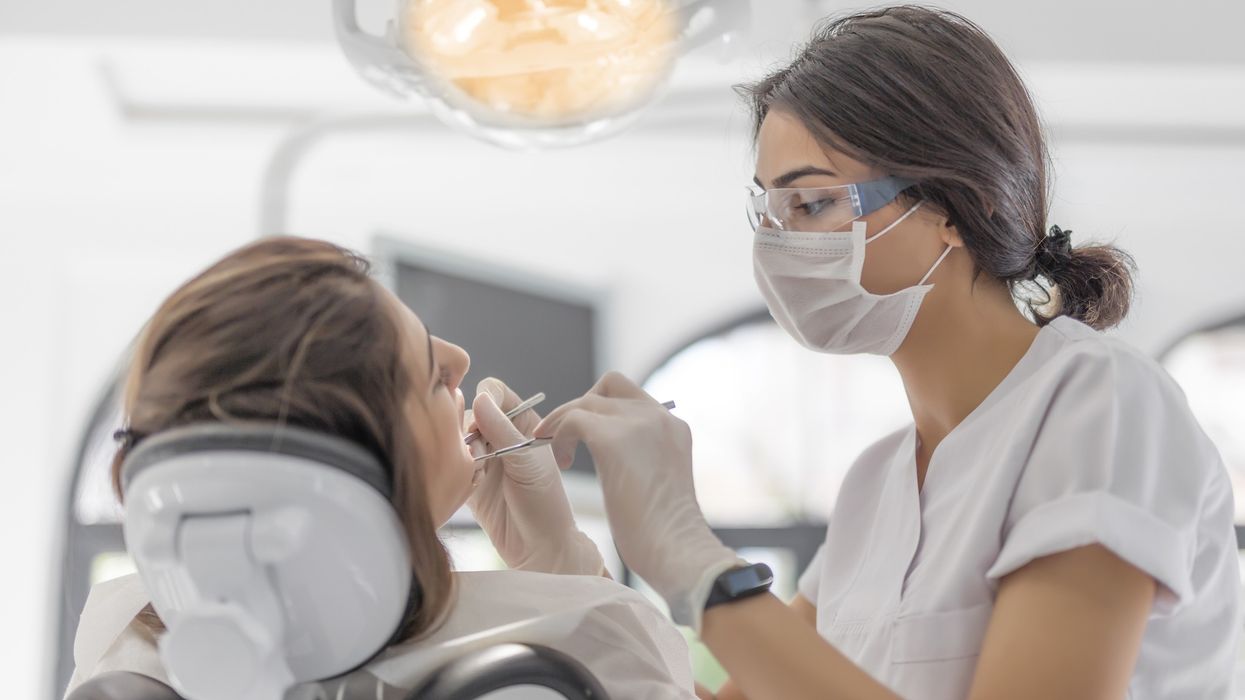Users of the popular weight loss drug Ozempic are reportedly experiencing a new and unexpected side effect, now being referred to as “Ozempic teeth”. The term covers a range of dental problems such as dry mouth, bad breath, gum disease, and tooth decay.
According to the Daily Mail, experts have linked these issues to reduced saliva production, which may be a consequence of the drug’s appetite-suppressing effects. Ozempic, originally developed to treat type 2 diabetes, has become widely known for its role in supporting weight loss. However, the reduction in food intake that often accompanies its use may affect oral health.
Cosmetic dermatologist Dr Michele Green explained that eating stimulates the salivary glands, which helps protect teeth. “Saliva is crucial for protecting teeth, as it helps remove food particles, neutralises acids produced by bacteria in the mouth, and provides essential minerals that strengthen tooth enamel. When saliva levels are insufficient, the risk of cavities and tooth decay significantly increases,” she said.
Dr Green added that anecdotal evidence suggests Ozempic and similar drugs may contribute to dry mouth by limiting saliva production, thereby impairing the mouth’s natural ability to clean itself.
Further complications arise from some of the more common side effects of the drug, such as nausea, vomiting, and diarrhoea. Dentist Dr Victoria Holden told The Independent that vomiting poses serious risks to dental health due to stomach acid. “The stomach is very acidic, and if the patients are having that acid come up into their mouth, then it really is quite damaging to the teeth,” she said.
Dr Holden noted that Ozempic slows digestion, meaning food remains in the stomach for longer, which can lead to acid reflux. The resulting exposure of teeth to stomach acid can accelerate enamel erosion and other dental problems. She recommended consulting a medical professional if acid reflux occurs, warning that repairing acid damage to teeth can be both complex and costly.
Another concern linked to reduced food intake is nutritional deficiency. Dr Holden explained that insufficient nutrients could further impact oral health, contributing to discomfort and increasing the risk of dental issues.
“Ozempic teeth” is the latest in a series of terms coined to describe side effects associated with the drug. Others include “Ozempic mouth”, which involves changes in the appearance of the lips and surrounding skin, such as wrinkles, folds at the mouth’s corners, and sagging along the jawline.
Additionally, the term “Ozempic face” has been used to describe the prematurely aged look that some patients develop after rapid weight loss, often marked by gauntness and loss of volume in the face. “Ozempic butt” refers to the sagging of the rear area due to fat loss.
While Ozempic has proved effective for many in managing weight, these emerging side effects are prompting calls for more awareness about the broader impacts of the medication. Medical experts continue to advise users to discuss potential risks with healthcare providers before beginning or continuing treatment.





